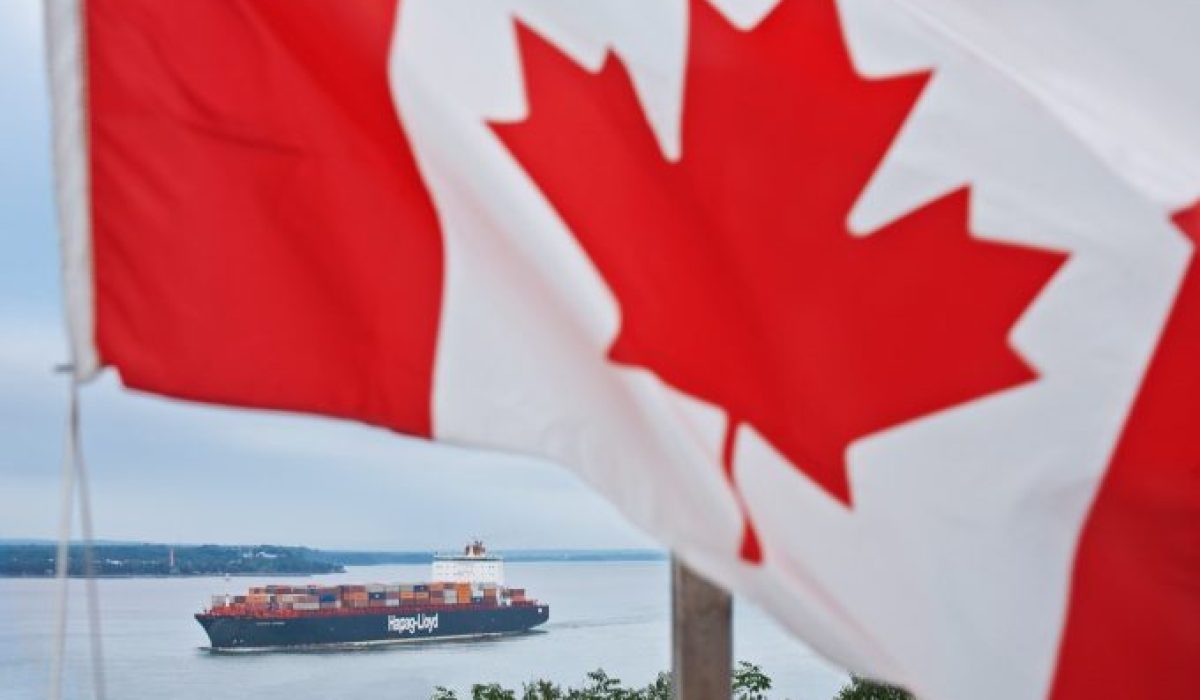Canadian freight forwarders are “extremely frustrated” by the strikes across the country’s major ports, having to re-route cargo via the US.
Director of policy and regulatory affairs for the Canadian International Freight Forwarder’s Association (CIFFA), Julia Kuzeljevich, told The Loadstar: “Both ports on the west coast and 40% of capacity at the port of Montreal are closed.
“The railways have placed an embargo on moving containers to these locations,” she added.
The port of Vancouver revealed yesterday there had been no changes to the coast-wide strike involving the International Longshore and Warehouse Union (ILWU Local 514) and BC Maritime Employers Association (BCMEA), which began on Monday and also affects Prince Rupert Port.
Port of Vancouver said it “remains open and we continue to manage high demand for anchorages”.
“This includes working closely with industry to maintain fluidity by optimising anchorage utilisation and prioritising anchorage assignments to terminals that remain operational,” it added.
Centerm, Deltaport, Fraser Surrey, and Vanterm container terminals are all impacted.
As of yesterday at 6am, anchorage utilisation at Vancouver was at 85%, and at Southern Gulf Islands 63%. And Vancouver Fraser Port Authority warned that there was limited anchorage capacity, “due to recent inclement weather and seasonal demand, including grain exports being in their peak shipping period”.
Vessels currently at anchor outside port authority jurisdiction include the Eversteady, Marcos V, SM Qingdao, YM Plum, CMA CGM Orfeo and ESL Nhava Sheva. The YM Plum, employed on the PN4 service, is due to berth today at 4.30pm, and the ESL Nhava Sheva, on the CPNW service, tomorrow at 8am.
The YM Target, deployed on the PN3 service, berthed at the Deltaport terminal on Sunday and has been there since.
According to Hapag-Lloyd, yard utilisation at Prince Rupert Port “is low, at 63%, import ground counts are low, and dwell times are approximately 1.8 days”.
Meanwhile, negotiations between the Maritime Employers Association (MEA) and dockworkers’ union CUPE Local 375 on the Canadian west coast are ongoing, but “Montreal Port Authority is not at the bargaining table”, it said.
Operations at Montreal have been halted since 31 October, the dispute centred on the two container terminals operated by Termont, which handle some 40% of volume.
So, with employers and dockworkers on both sides of Canada in stalemate and no end in sight, Ms Kuzeljevich said: “We are very frustrated with the lack of progress across all parties.”
She added that “freight will have to be diverted to functioning ports in Canada and the US”, but even this contingency leaves shippers and forwarders with few options – especially when considering the looming January deadline for the threat of renewed US East and Gulf Coast dockworker strikes.


